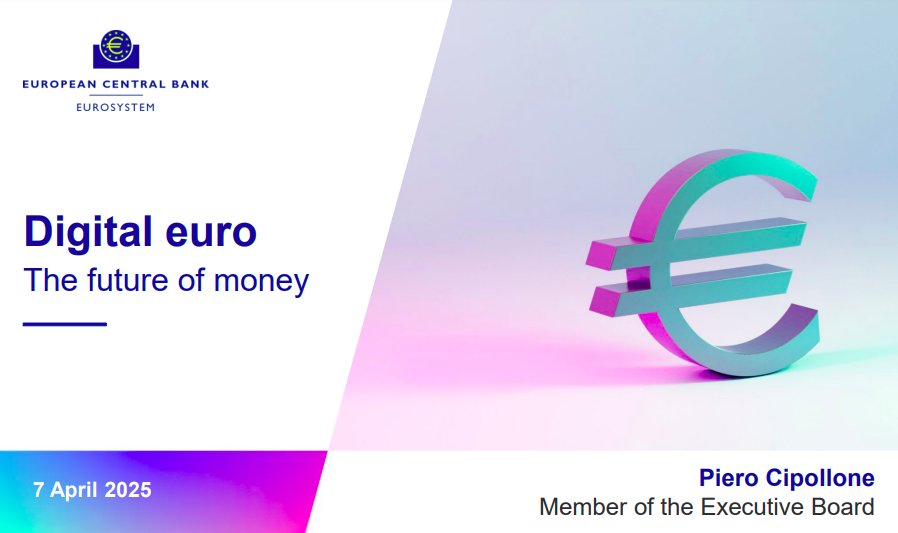@SrMono ehhh - no, it is unfortunately not.
"The current phase will last for two years, finishing at the end of 2025, at which point the Governing Council will decide whether to move to the next phase of preparations and, if so, define its scope and duration."
It's a pity that it is still so far off, because reading though the description, it seems to be intended as a very secure, very private way of paying digitally - the intention is to make payments directly from person to person, with no interactions with your bank.
"Cash-like" is the term they use. I could get behind that for sure.
